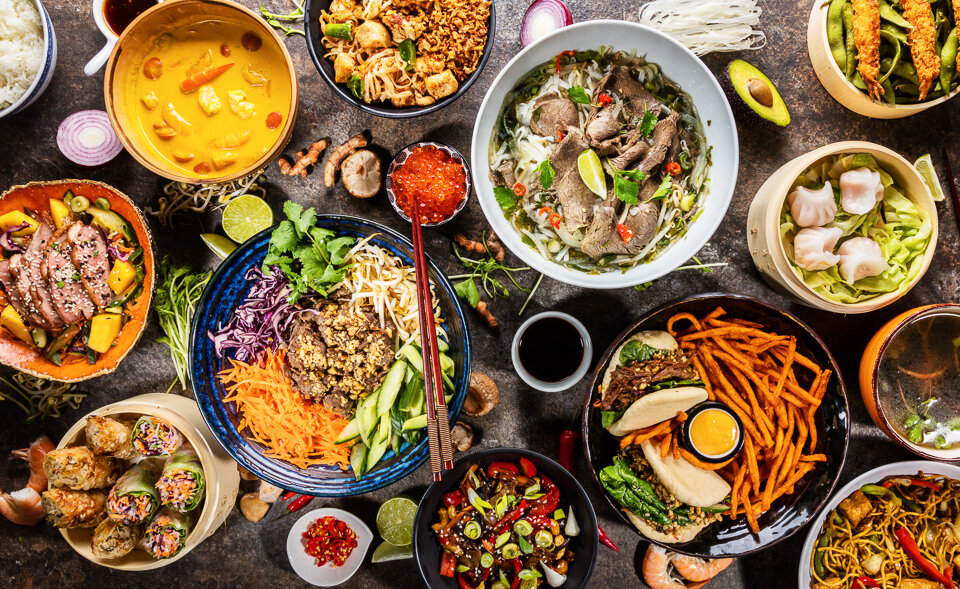Food is essential to human life. It provides us with the nutrients we need to survive and thrive. But what will we be eating in the years to come?
The future of food is a complex and uncertain topic. There are many factors that will shape what we eat in the future, including climate change, population growth, and technological advances.
One of the biggest challenges facing the food system is climate change. Climate change is already affecting our food supply in a number of ways. For example, rising temperatures are making it difficult to grow crops in some areas.
Another challenge facing the food system is population growth. The world’s population is expected to reach 9.7 billion by 2050. This means that we will need to produce more food to feed everyone.
Technological advances are also having a major impact on the food system. For example, gene editing is being used to develop new crops that are more resistant to pests and diseases.
So, what will we be eating in the years to come? It is difficult to say for sure. However, it is likely that our diets will become more plant-based as we look for ways to reduce our impact on the environment. We may also see more lab-grown meat and other alternative proteins on the market.
Whatever the future holds, it is clear that the food system is undergoing a major transformation. We need to be prepared for these changes and ensure that everyone has access to safe, nutritious food.
Here are some additional details about the future of food:
- Plant-based diets: Plant-based diets are becoming increasingly popular as people become more aware of the environmental impact of meat production. Plant-based diets can be a healthy and sustainable way to eat.
- Lab-grown meat: Lab-grown meat is meat that is grown in a laboratory from animal cells. This is a relatively new technology, but it has the potential to revolutionize the food industry. Lab-grown meat could help to reduce the environmental impact of meat production and make meat more accessible to people who cannot afford it.
- Alternative proteins: Alternative proteins are proteins that are not derived from animals. These include plant-based proteins, such as tofu and tempeh, and microbial proteins, such as Quorn. Alternative proteins are a good way to get protein without eating meat.
The future of food is uncertain, but it is clear that there are many exciting developments on the horizon. We can expect to see a shift towards more plant-based diets, the development of new technologies, and the introduction of new and innovative foods. It will be interesting to see how the food system changes in the years to come.


